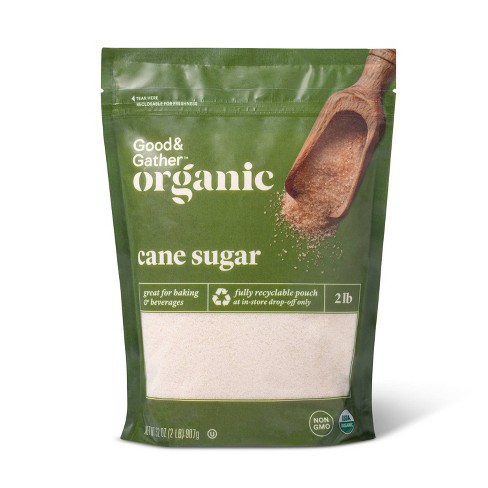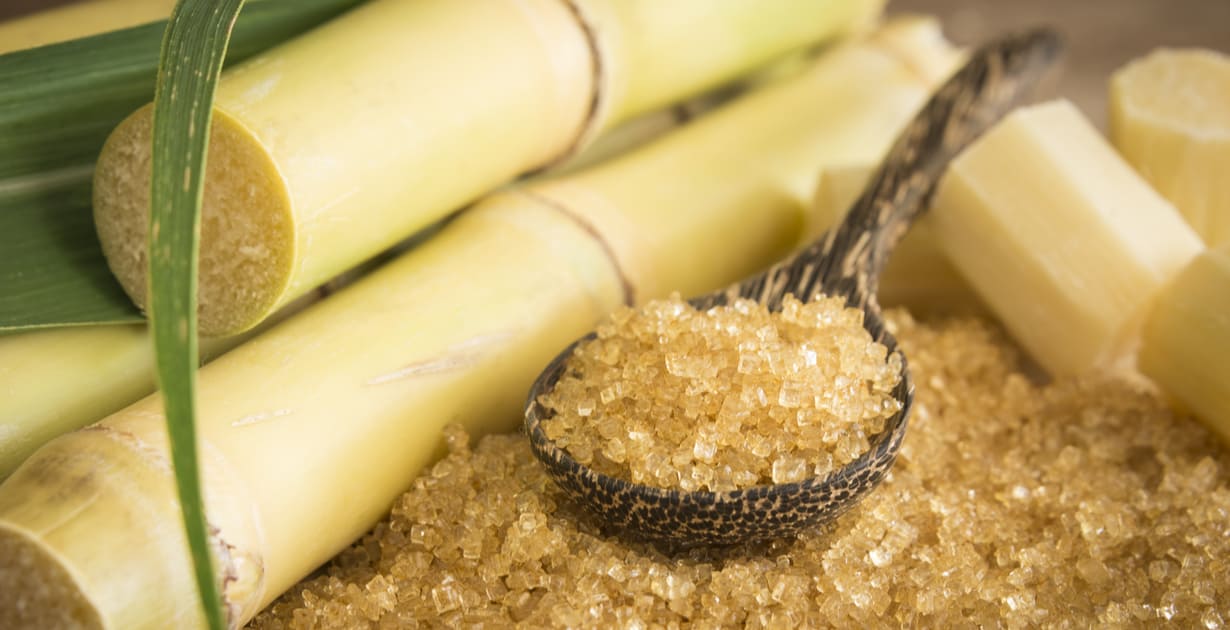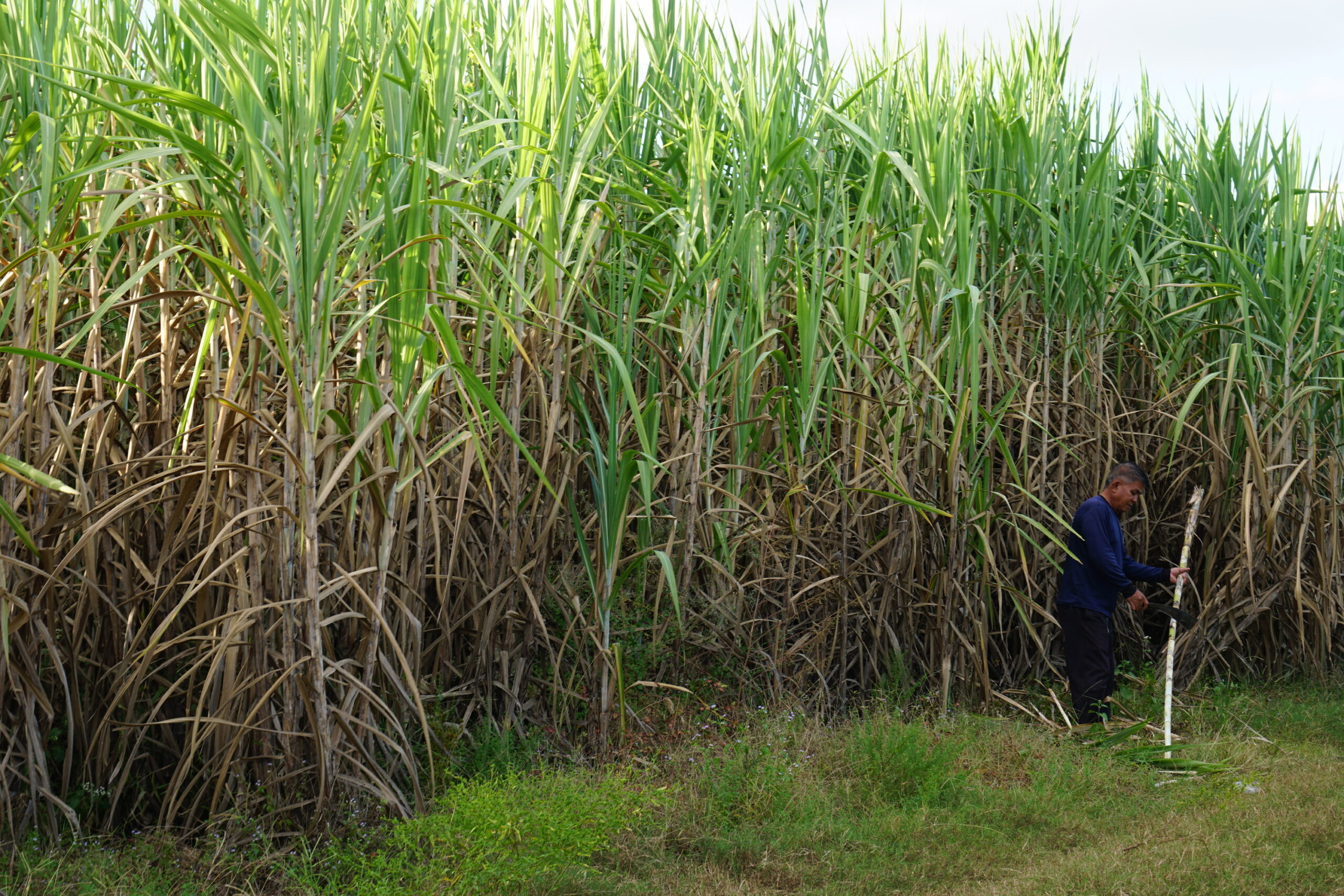Discovering the Advantages of Walking Cane Sugar Processing Chemicals for Sustainable Practices
The integration of specialized handling chemicals in cane sugar manufacturing offers a compelling opportunity for progressing sustainable practices within the market. These chemicals not just enhance extraction performance and item clearness but also add to considerable reductions in source usage and ecological influence.

Overview of Walking Cane Sugar Handling
Walking cane sugar processing involves a collection of intricate steps made to extract and refine sucrose from sugarcane. This procedure begins with harvesting the sugarcane, which is usually done by cutting the stalks close to the ground. sugar and cane. When harvested, the cane is transferred to a handling center, where it goes through washing and shredding to prepare it for juice removal
The next step entails crushing the shredded walking cane to release the juice, which consists of dissolved sucrose together with numerous contaminations. This juice is then made clear, frequently via heating and the addition of lime, to get rid of strong contaminations and obtain a more clear fluid. The cleared up juice is ultimately vaporized to concentrate the sugar content, resulting in a syrup.
The raw sugar is more fine-tuned with procedures such as drying out and cleaning, eventually creating the last item that is suitable for consumption. Each action in this comprehensive process is vital for making sure high-quality cane sugar, highlighting the intricacy and precision intrinsic in sugar production.
Function of Processing Chemicals

Making use of handling chemicals is important to the reliable extraction and purification of sucrose during cane sugar manufacturing. These chemicals offer several features, including enhancing the quality of juice, maximizing removal rates, and helping with the elimination of pollutants. Key processing chemicals consist of phosphoric acid, which aids in the explanation procedure, and calcium hydroxide, which neutralizes acidity and aids in the rainfall of impurities.
Additionally, processing chemicals can boost the overall return of sugar by making certain optimum sucrose extraction from the walking cane. Enzymatic treatments are additionally gaining prominence, as they can break down complex carbs into fermentable sugars, thus enhancing efficiency. The application of these chemicals not only improves the production procedures yet likewise guarantees that the resulting sugar satisfies rigorous high quality criteria.
Furthermore, the role of handling chemicals includes boosting operational effectiveness by reducing the power and water required during processing. This not just adds to set you back financial savings however additionally aligns with more comprehensive sustainability objectives within the sugar market. By comprehending and optimizing the duty of these chemicals, producers can improve manufacturing effectiveness while preserving item quality and safety and security standards.
Ecological Benefits
Lasting sugar production not only improves operational efficiency but additionally provides significant ecological benefits that contribute to a much healthier community. The utilization of handling chemicals made for sustainability aids reduce the eco-friendly footprint of sugar production. These chemicals typically enable the reduction of hazardous results, fostering a cleaner production procedure that secures local waterways and soil high quality.
In addition, lasting methods in walking cane sugar processing boost biodiversity. By decreasing chemical overflow and contaminants, these techniques secure environments and advertise the health and wellness of bordering vegetation and fauna. The application of environment-friendly chemicals frequently leads to far better source administration, as they can facilitate using organic waste products as fertilizers, hence closing the nutrient loophole and enriching the soil.
Furthermore, the shift in the my latest blog post direction of sustainable processing chemicals can lower greenhouse gas emissions. By enhancing the removal and refining processes, power consumption decreases, leading to a smaller sized carbon impact. Inevitably, these developments not just sustain the sugar sector's ecological goals however likewise line up with worldwide campaigns intended at combating environment modification and advertising sustainability. Embracing these techniques is crucial for the long-term stability of sugar production and the protection of our planet's sources.
Performance and Waste Reduction
Applying sustainable practices not only boosts environmental end results however also drives performance and waste decrease in walking cane sugar handling. The combination of specialized handling chemicals can substantially optimize manufacturing process, minimizing the power and water consumption commonly linked with standard techniques. Enzymes tailored to improve sugar extraction can minimize the amount of raw product needed, resulting in lower operational costs and reduced waste generation.
Additionally, by utilizing eco-friendly or safe processing agents, manufacturers can reduce the risk of wastewater contamination, causing reduced treatment requirements and additional conserving resources (sugar and cane). Structured processes enabled by these chemicals can also boost the recovery rates of sugar, which not just makes best use of result however also decreases the volume of byproducts that need disposal
In addition, applying real-time tracking modern technologies in conjunction with handling chemicals allows for better control over operational criteria, helping with quick changes that can avoid wasteful inconsistencies. In general, the calculated usage of cane sugar handling chemicals advertises an all natural technique to manufacturing performance, lining up economic practicality with sustainable techniques that profit both manufacturers and the atmosphere.
Enhancing Item High Quality

In addition, the application of pH regulators can optimize the handling conditions, ensuring that the sugar preserves its preferable taste account while minimizing the development of undesirable by-products (sugar and cane). This not only enhances the overall top quality however additionally extends the service life of the sugar, fulfilling the demands of both stores and customers
Furthermore, the implementation of these chemicals is often lined up with lasting methods, reducing the environmental impact of sugar manufacturing while boosting product quality. By utilizing biodegradable and environment-friendly processing agents, makers can enhance their market charm and add to lasting sector criteria.

Verdict
In conclusion, the assimilation of specialized walking stick sugar processing chemicals provides considerable advantages for sustainable techniques within the market. Inevitably, such green solutions align item top quality with sustainability goals, developing a framework for efficient and liable sugar manufacturing.
The integration of specialized processing chemicals in helpful hints cane sugar production offers an engaging possibility for advancing sustainable techniques within the sector. Each step in this substantial process is crucial for making sure high-grade walking stick sugar, highlighting the intricacy and precision inherent in sugar manufacturing.
The use of processing chemicals is essential to the effective extraction and purification of sucrose throughout walking cane sugar manufacturing. The use of specialized processing chemicals can significantly boost the pureness, color, and preference of sugar products.In verdict, the assimilation of specialized cane sugar processing chemicals supplies substantial benefits for sustainable methods within the industry.